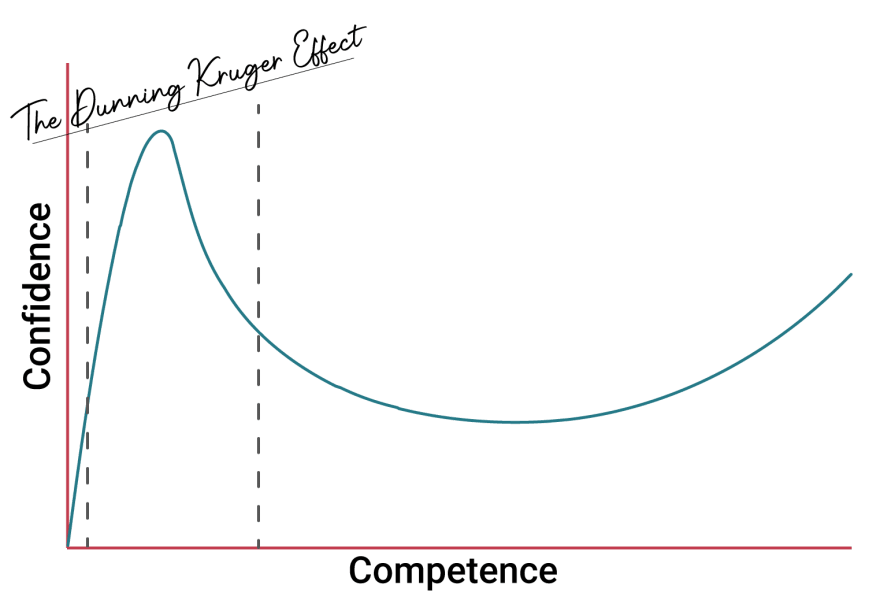Etymology of the Word God
Oddly, the exact origin of the word God is unknown.
All that we know for certain is that the word God is a relatively new European invention, which was never used in any of the ancient Judaeo-Christian scripture manuscripts which were written in Hebrew, Aramaic, Greek or Latin.
This situation is quite remarkable, since there is a long history of people arguing and fighting over the name of God, yet we don't even know where this European-invented word God came from!
Amusingly, none of the prophets, sages and disciples who wrote down the various books of the Bible would recognize or understand this recently invented word God. Yet people fight over it!
The following is a brief survey of some of the efforts of linguists who have been trying to decipher the roots of the word God:
1) Webster's 1913 Dictionary:
\God\ (g[o^]d), n. [AS. god; akin to OS. & D. god, OHG. got, G. gott, Icel. gu[eth], go[eth], Sw. & Dan. gud, Goth. gup, prob. orig. a p. p. from a root appearing in Skr. h[=u], p. p. h[=u]ta, to call upon, invoke, implore. [root]30. Cf. {Goodbye}, {Gospel}, {Gossip}.]
2) Catholic Encyclopedia:
Etymology of the Word "God"
(Anglo-Saxon God; German Gott; akin to Persian khoda ...).
3) Oxford English Dictionary:
"god (gρd). Also 3-4 godd. [Com. Teut.: OE. god (masc. in sing.; pl. godu, godo neut., godas masc.) corresponds to OFris., OS., Du. god masc., OHG. got, cot (MHG. got, mod.Ger. gott) masc., ON. goð, guð neut. and masc., pl. goð, guð neut. (later Icel. pl. guðir masc.; Sw., Da. gud), Goth. guÞ (masc. in sing.; pl. guÞa, guda neut.).
4) Webster's Revised Unabridged Dictionary:
god
\God\ (g[o^]d), n. [AS. god; akin to OS. & D. god, OHG. got, G. gott, Icel. gu[eth], go[eth], Sw. & Dan. gud, Goth. gup, prob. orig. a p. p. from a root appearing in Skr. h[=u], p. p. h[=u]ta, to call upon, invoke, implore. [root]30. Cf. Goodbye, Gospel, Gossip.]
5) American Heritage Dictionary:
GOD
NOUN: 1. God a. A being conceived as the perfect, omnipotent, omniscient originator and ruler of the universe, the principal object of faith and worship in monotheistic religions. b. The force, effect, or a manifestation or aspect of this being. 2. A being of supernatural powers or attributes, believed in and worshiped by a people, especially a male deity thought to control some part of nature or reality. 3. An image of a supernatural being; an idol. 4. One that is worshiped, idealized, or followed: Money was their god. 5. A very handsome man. 6. A powerful ruler or despot.
ETYMOLOGY: Middle English, from Old English. See gheu(): in APPENDIX I
APPENDIX I: ENTRY: gheu()-
DEFINITION: To call, invoke. Oldest form *heu()-, becoming *gheu()- in centum languages. Suffixed zero-grade form *ghu-to-, “the invoked,” god. a. god, from Old English god, god; b. giddy, from Old English gydig, gidig, possessed, insane, from Germanic *gud-iga-, possessed by a god; c. götterdämmerung, from Old High German got, god. a–c all from Germanic *gudam, god. (Pokorny hau- 413.)



 I've looked into haplogroup e1b1b. Told yall, i do this for fun.
I've looked into haplogroup e1b1b. Told yall, i do this for fun. 






